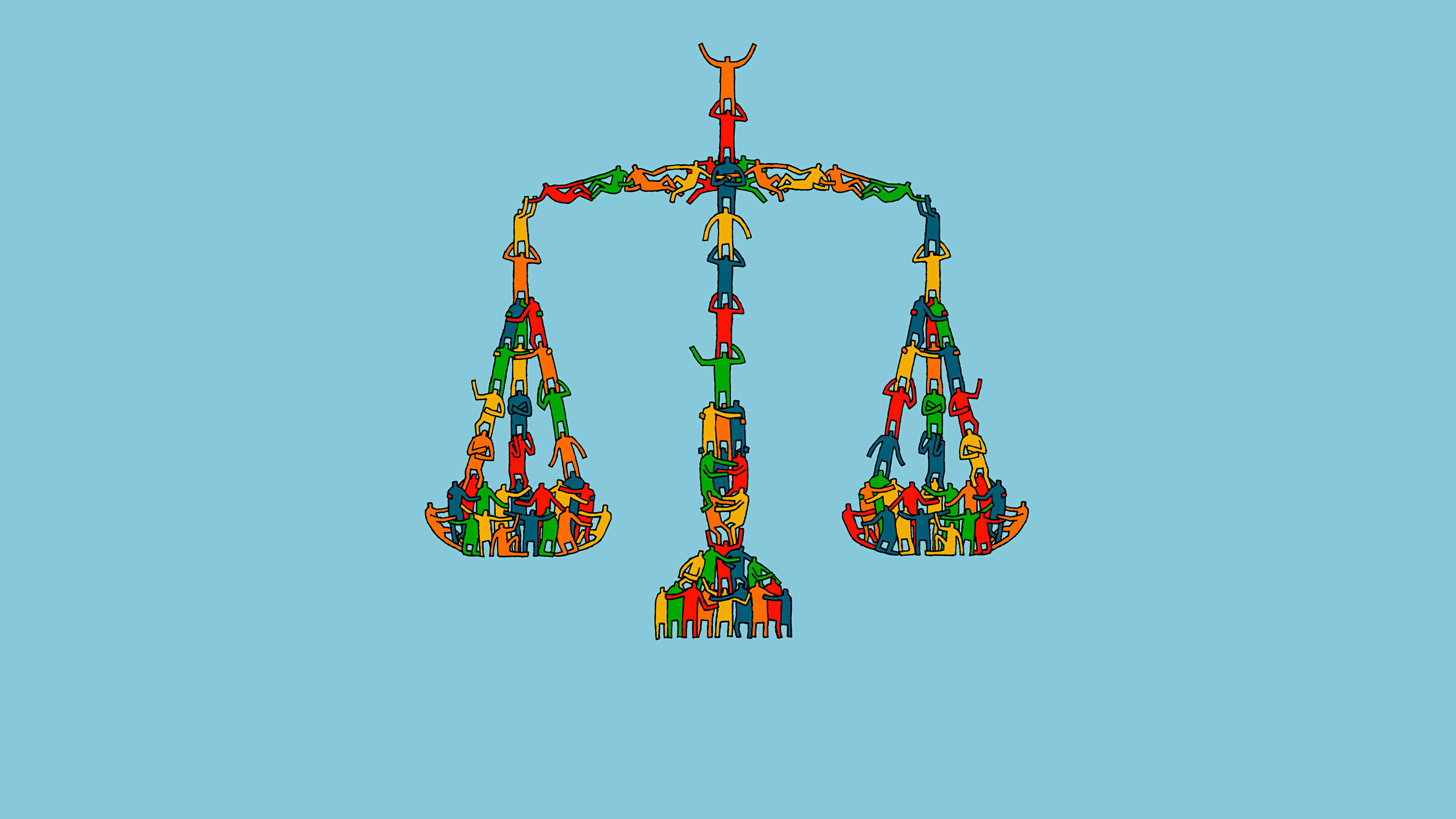Reflections on Inequality in America Initiative’s first year

Illustration by Tim Ellis
Ambitious efforts and success mark its beginning
The ending of the academic year feels like a beginning for Dean of Social Science Claudine Gay, who is celebrating the ambitious Faculty of Arts and Sciences Inequality in America Initiative’s transition from notional to nascent.
“It is hard for me to think of anything more urgent to address, given the broad impacts of inequality and the ways in which emergent inequalities — powered by globalization and technological change — intersect with stubbornly persistent inequalities along lines of race and gender to produce whole new classes of problems,” she said. “I feel so grateful to be in this role at this moment. The opportunity to think of new ways that we as academics can contribute to understanding and solving these challenges is incredibly rewarding work.”
In its first nine months, the Inequality Initiative pursued a three-pronged effort, beginning with a public symposium last fall that brought together voices within the Harvard community as well as a range of perspectives from presenters and panelists across the country.
“It was our coming-out party, and hopefully the first of what will be biannual symposia to bring the community together to spotlight new work,” Gay said.
With seed funding from President Drew Faust and Michael D. Smith, Edgerley Family Dean of FAS, Gay launched a postdoctoral fellowship program for early career scholars. The call for proposals was met with astounding enthusiasm: 330 people applied for the two positions in the first cohort.
“This tells you so much about the unmet scholarly needs in this field, how important it is for Harvard to be in this space, and how intensely people want to be here in our community,” she said.
The first cohort, who will arrive in August to begin the two-year fellowship, is comprised of Anthony M. Johnson, who studies inequality at the intersection of STEM and higher education, and Paige L. Sweet, whose research explores the medicalization of domestic violence. Both, Gay said, have done remarkable fieldwork to uncover the sociological forces that contribute to the reproduction of inequality.
“Anthony and Paige will energize and inspire our community while pushing their own scholarship in new directions,” she said, adding “one priority for me going forward is to make sure our postdocs have terrific mentors and a vibrant program of activities they are connected to.”
Funding for faculty is the initiative’s third component, launched to support new research, including projects with a social engagement component. Among the first-year beneficiaries are Elizabeth Hinton, assistant professor of History and African and African American Studies, and Ben Enke, assistant professor of economics. Hinton will pilot a research seminar about the history of Massachusetts prisons to be offered jointly to Harvard graduate students and inmates at Norfolk and Framingham correctional facilities. Enke will launch a study to examine how Americans’ feelings toward different groups in society influence their political attitudes.
“Now that we’ve developed this momentum, we need to work to mobilize the resources so we can sustain it,” said Gay. “I want Harvard to be the place to go for anyone serious about understanding inequality. I want to be a resource for scholars, for students, for people on the ground close to the problem. The faculty ambition is already there, and I’m grateful I can help it coalesce into a game-changing program.”




